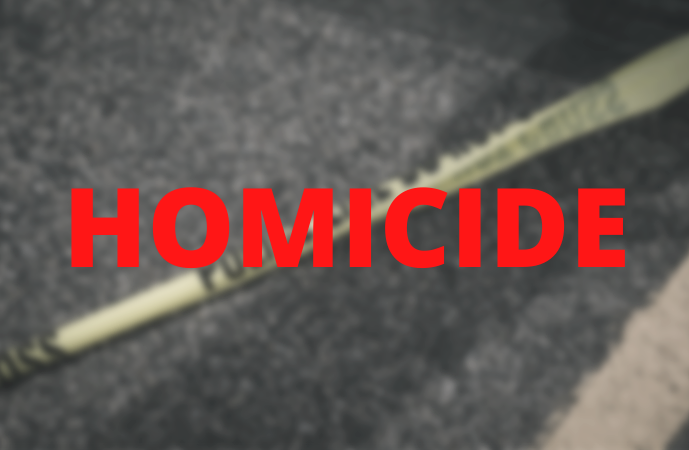
Thank you for reading D.C. Witness. Help us continue our mission into 2024.
Donate NowBy
D.C. Witness Staff
- April 14, 2021
Court
|
Daily Stories
|
Homicides
|
Shooting
|
Suspects
|
Victims
|
April 13 marked the second day of a hearing to determine if a triple homicide case has enough evidence to go to trial.
Co-defendants Dale Benjamin, 33, and Jibri Qayyum, 44, are charged with second-degree murder while armed in the July 7, 2020, shootings of 56-year-old Claudette Williams, 26-year-old Marquise Lewis and 20-year-old Juwan Wade.
Around 1:15 a.m. that day, Metropolitan Police Department (MPD) officers responded to the 5000 block of Bass Place, SE to find two of the victims in a vehicle and another nearby, all suffering from gunshot wounds.
Qayyum’s defense attorney, Kristin McGough, voiced concerns over the exchange of evidence. The defense received surveillance video of the shooting this past Friday, which McGough says the prosecution had in their possession since November 2020. The defense said the video revealed evidence that two gunshots came from inside the vehicle first rather than outside.
The defense asked the judge to sanction the prosecution and allow the defendants to be released
The prosecution said they did not recall when they received the video nor the contents of the video specifically.
An MPD detective’s testimony ended up revealing that the prosecution viewed the video in late July of 2020, but it was unclear when they received a copy of it.
Judge Neal Kravitz said he could not rule on the defense’s motion, as he had not seen the video. He told the defense to continue their cross examination of the detective.
According to the detective’s testimony, the co-defendants were identified as the alleged shooters based on witness interviews. The detective said that two witnesses made the identification from surveillance video footage taken from and around the crime scene.
The defense questioned the reliability of the witness’ identification via video footage and called in an expert witness in audio and video forensic analysis to testify about the video’s quality.
The expert testified that, due to the low quality of the surveillance video, the images produced from the video were blurred, unclear and pixelated and it was unreasonable that a person could identify the individuals. He also said the identification was unreliable because the facial features were not clear in any of the images.
The judge questioned the expert witness on whether any person could reliably identify an individual from the footage provided in this case. The expert said he could not, even if they knew the person well.
The proceedings are set to pick back up on April 14.
Alaina Provenza wrote this article.
